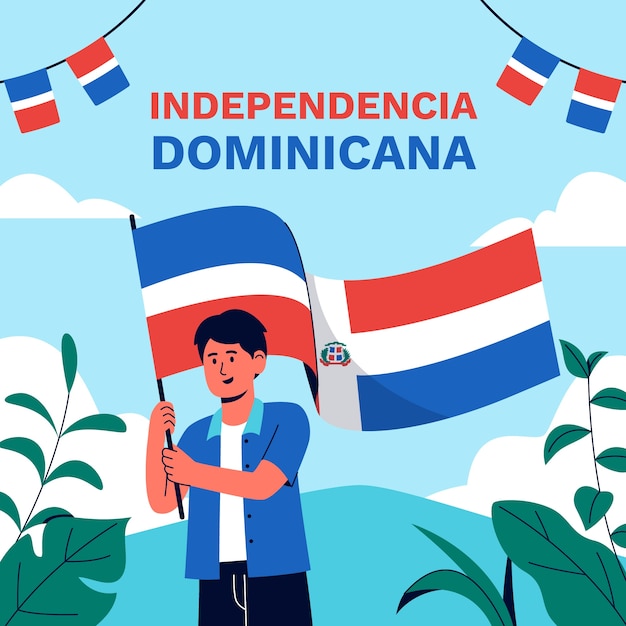Interesting Facts About Paraguay

Paraguay is the only country in South America to have two official languages: Spanish and Guarani.
Paraguay is known as the “Heart of South America” due to its geographical location.
Paraguayan people are called Paraguayans or Paraguayos.
Paraguay is one of the oldest wine-producing countries in the Americas, with a wine history dating back to the 16th century.
The Guarani language, spoken by the indigenous communities in Paraguay, is one of the few indigenous languages in the Americas that is still widely spoken.
Paraguay is home to the largest hydroelectric power plant in the world, the Itaipu Dam.
The national bird of Paraguay is the Bare-throated Bellbird, known for its distinctive and melodious call.
Paraguay is considered one of the safest countries in South America.
The Paraguayan War, also known as the War of the Triple Alliance, was one of the deadliest conflicts in Latin American history.
Paraguay is a landlocked country, bordered by Argentina, Brazil, and Bolivia.
The Iguazu Falls, one of the world’s largest and most spectacular waterfalls, can be found on the Paraguay-Argentina border.
Paraguay has a rich traditional music scene, with folk genres such as polka and guarania.
Paraguay is known for its traditional drink called tereré, a refreshing infusion of yerba mate leaves served cold.
Paraguay has a high literacy rate, with education being highly valued in the country.
Interesting Facts About Paraguay part 2
Paraguay is known for its unique crafts, especially ceramics and embroidery.
The Pantanal, one of the largest inland wetland areas in the world, extends into Paraguay from neighboring Brazil.
The official currency of Paraguay is the Guarani.
Paraguay is known for its traditional meat dish called asado, which is a barbecue-style feast.
Paraguay has a diverse wildlife, including jaguars, capybaras, and giant anteaters.
Paraguay is home to the largest indigenous population in South America, with Guarani communities preserving their cultural heritage.
The national dance of Paraguay is the Paraguayan polka, characterized by its energetic and rhythmic movements.
Paraguay has a tropical climate, with warm temperatures year-round.
Paraguay has a unique transportation system called remises, which are privately owned taxis.
The Gran Chaco, a vast semi-arid region, covers a significant portion of Paraguay’s territory.
Paraguay is one of the world’s leading producers of soybeans and beef.
The Paraguay River, the nation’s primary waterway, plays a crucial role in transportation and commerce.
Paraguay has a rich religious heritage, with Catholicism being the predominant religion.
Paraguayans celebrate Independence Day on May 14th, commemorating the country’s independence from Spain.
Paraguay has a deep-rooted mate culture, with sharing mate considered a social ritual.
The Ybycuí National Park in Paraguay is known for its scenic landscapes and diverse flora and fauna.
Paraguay has a thriving street food culture, with empanadas and chipa (cheese bread) being popular choices.
Paraguay is home to the world’s largest collection of Jesuit ruins, which are UNESCO World Heritage Sites.
Paraguay has a low cost of living compared to many other South American countries.
The national instrument of Paraguay is the harp, which is often featured in traditional music performances.
Paraguay has a strong tradition of rodeos and equestrian sports, showcasing the country’s ranching culture.
The salt flats of the Chaco region in Paraguay provide a unique natural landscape.
Paraguay is known for its vibrant traditional festivals, such as the Carnival of Encarnación and the National Folklore Festival in San Bernardino.
Paraguay has a national football team that has participated in several FIFA World Cup tournaments.
Paraguay is a popular destination for eco-tourism, with its national parks and nature reserves offering a diverse range of landscapes.
Paraguay is home to the world’s largest use of hydroelectric power per capita.
The national dish of Paraguay is called sopa paraguaya, a cornbread-like soup with cheese and onions.
Paraguay has a rich history of indigenous art, with intricate pottery and weaving techniques.
The Guarani Aquifer, one of the largest underground freshwater reserves in the world, is partially located in Paraguay.
Paraguay has a strong tradition of mate tea production, with the country being one of the leading exporters.
Paraguayan culture is characterized by a strong sense of community, hospitality, and family values.

